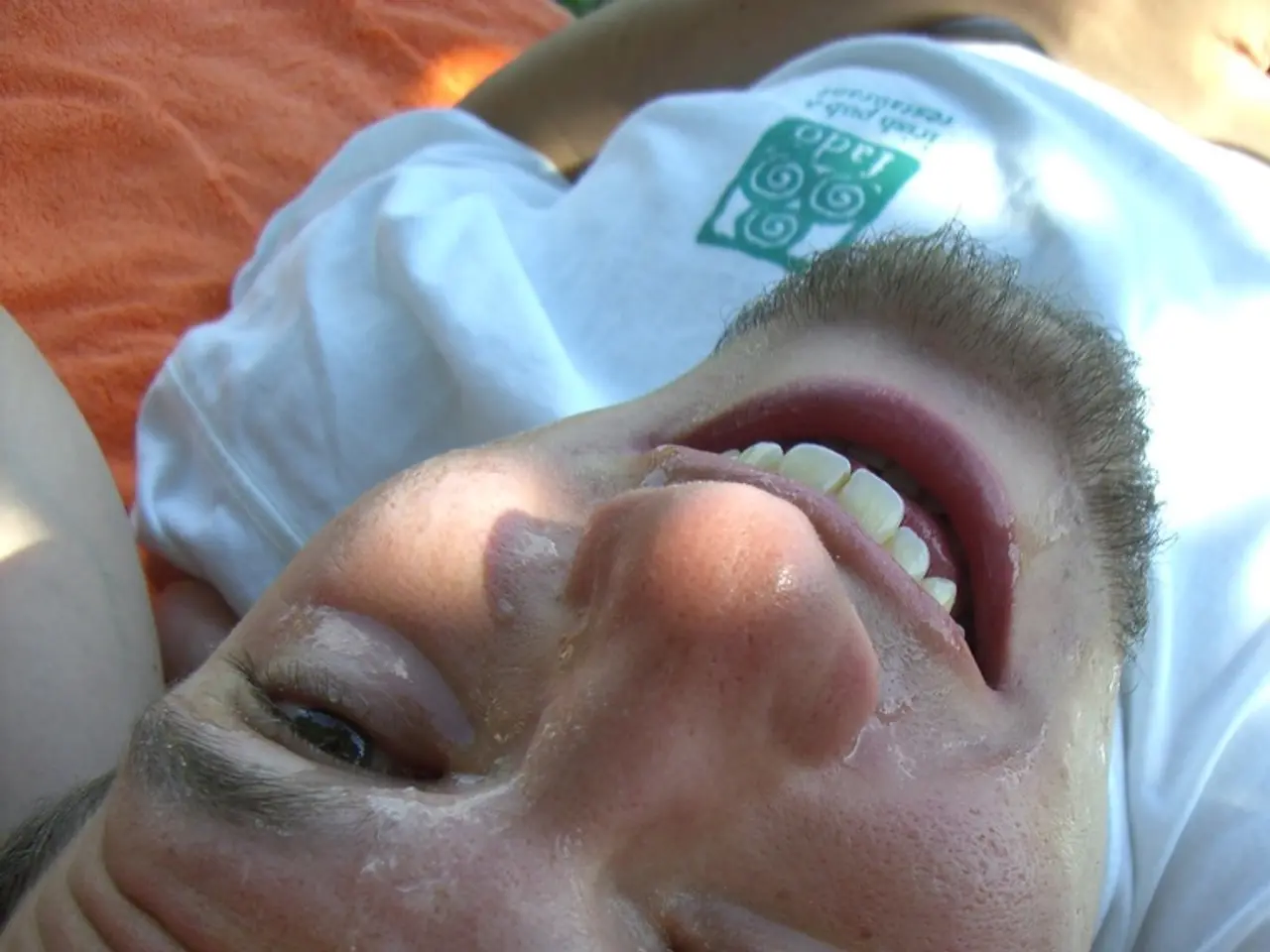Strengthening antidoping efforts in the athletics world for the Paris 2024 games becomes priority for World Athletics
In the lead-up to the Olympic Games, the focus on maintaining fairness in world-class sport intensifies, with out-of-competition (OOC) testing playing a pivotal role. This critical component of the global anti-doping regime serves to deter doping, ensure flexibility, and provide comprehensive anti-doping measures.
OOC testing deters athletes from using banned substances by allowing for testing at any time, not just during competitions. This unpredictability makes it challenging for athletes to plan doping strategies without risking detection. The testing also helps detect doping offenses that might occur during training periods, reducing the likelihood of athletes enhancing their performance with prohibited substances.
The process of OOC testing involves several key steps. Athletes are required to register with the Anti-Doping Administration & Management System (ADAMS), providing their daily whereabouts for a specified one-hour time frame when they can be available for testing. Athletes can choose a time that fits their routine to minimize disruptions to their training or personal activities. Official testers then visit athletes at their designated whereabouts to collect blood or urine samples, which are analyzed for prohibited substances.
Testing can be conducted at any time, with a focus on athletes who are at higher risk or under suspicion based on their performance or past behaviour. This targeted approach ensures that testing resources are utilized effectively to monitor athletes who might pose a higher risk of doping.
OOC testing is coordinated by anti-doping organizations (ADOs) like the World Anti-Doping Agency (WADA), which ensures that testing is conducted in accordance with international standards and regulations. Testing programs must comply with the Technical Document for Sport Specific Analysis (TDSSA), which mandates the analysis of certain substances like Erythropoietin Receptor Agonists (ERAs) and Growth Hormone (GH).
In the context of the Olympics, OOC testing plays a crucial role by ensuring that athletes are clean not just during competitions but throughout their training and preparation. This comprehensive approach helps maintain the integrity of Olympic events and reinforces the principles of fair play. By conducting OOC tests, anti-doping organizations can identify and deter doping activities that might otherwise go undetected until the actual competition.
The global anti-doping regime is primarily a preventative measure rather than a cure. The enforcement of anti-doping regimes requires flexibility, taking into account the tension between the objective nature of a positive test and the subjective reality of an athlete's intention. The AIU obligates world-leading athletes selected for its Registered Testing Pool to submit details of a 60-minute daily time slot where they can be located and tested.
Recent examples of the impact of OOC testing include the reallocation of medals following the disqualification of athletes due to doping violations, as well as the stricter testing requirements imposed on competitors from certain countries for the Paris 2024 Olympics. The reallocation of Olympic medals is decided on a case-by-case basis by the International Olympic Committee (IOC), and competitors from these countries will have to conform with stricter testing requirements, including submitting to a minimum of three "no-notice" OOC tests.
In conclusion, OOC testing is a critical component of the global anti-doping regime, particularly in the context of the Olympics. Its significance lies in its ability to deter doping, provide flexibility, and ensure comprehensive anti-doping measures. By maintaining a strong focus on OOC testing, anti-doping organizations can help ensure fair competition and uphold the principles of clean sport throughout the Olympic cycle.
Sports analysis can help identify patterns in athletes' performances that might indicate an unfair advantage, potentially leading to further investigations and out-of-competition testing. This form of analysis can aid in the detection of athletes who might be engaging in sports-betting or doping activities during training periods.
The global anti-doping regime also encompasses sports-betting regulations, as the use of performance-enhancing substances can give an unfair advantage to athletes, affecting the outcomes of sporting events, which is against the principles of fair play and sportsmanship.





